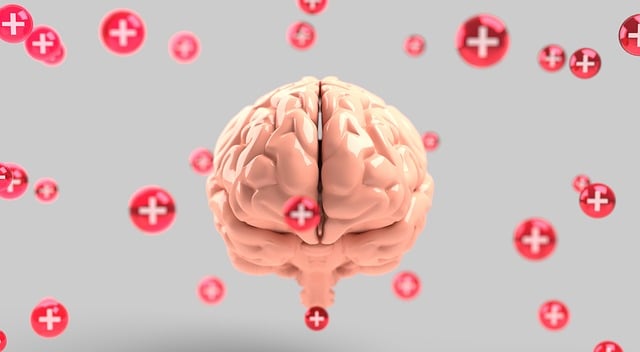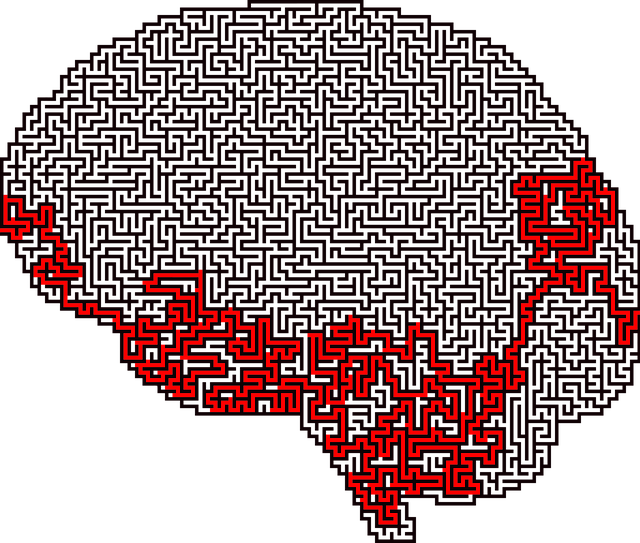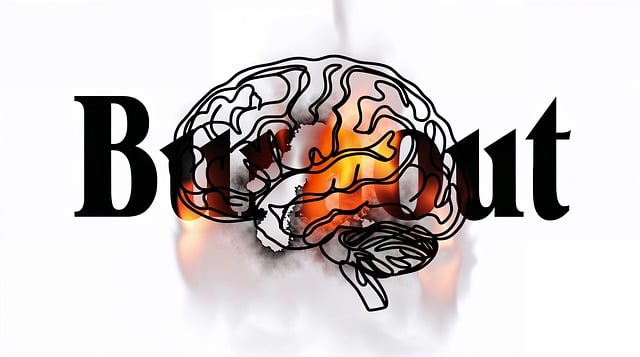Lone Tree Sexual Addiction Therapy exemplifies a comprehensive mental health program that tackles conditions like depression and anxiety through structured curriculum, including awareness, skills training, and open dialogue. It leverages strategies like Risk Management Planning, Mental Wellness Journaling, and policy analysis to promote recovery. The program's success relies on ongoing evaluation metrics, regular curriculum updates based on best practices, and fostering a safe space for personal growth, ensuring its relevance and effectiveness in addressing evolving mental health needs.
Mental health is a crucial aspect of overall well-being, yet it often goes unnoticed until issues arise. This article explores the design of an educational program aimed at addressing mental health challenges, emphasizing the importance of early intervention and prevention. We’ll delve into understanding various mental health issues, structuring engaging content, and implementing effective strategies for successful programs. By examining these aspects, we can create initiatives that foster mental resilience, similar to how Lone Tree Sexual Addiction Therapy offers specialized support.
- Understanding Mental Health Issues and Their Impact
- Program Structure and Content Creation
- Implementation, Evaluation, and Continuous Improvement Strategies for Effective Education Programs
Understanding Mental Health Issues and Their Impact

Understanding mental health issues is a cornerstone of any comprehensive program design, especially in addressing concerns like Lone Tree Sexual Addiction Therapy. Mental health problems, ranging from depression and anxiety to more complex conditions, significantly impact individuals’ daily lives, relationships, and overall well-being. Recognizing these challenges is the first step towards creating supportive environments that foster recovery and resilience.
This understanding should guide the development of effective strategies, such as Risk Management Planning for Mental Health Professionals, to ensure safe and ethical practices. Additionally, incorporating elements like Mental Wellness Journaling Exercise Guidance can empower individuals to take an active role in their mental health management, complementing professional care and policy advocacy (Mental Health Policy Analysis and Advocacy).
Program Structure and Content Creation

When designing a mental health education program like Lone Tree Sexual Addiction Therapy, the structure and content creation process is paramount to ensuring its effectiveness. The program should be meticulously crafted to address specific needs while remaining adaptable to diverse learning styles. A well-rounded curriculum typically incorporates a blend of theoretical knowledge, interactive workshops, group discussions, and practical exercises.
The content should cover foundational topics such as mental health awareness, stress management, and emotional intelligence. Additionally, incorporating skills like social skills training can empower individuals to build healthy relationships and cope with challenges. Mood management techniques are also essential, offering participants tools to regulate their emotions effectively. The program’s success lies in its ability to engage learners, fostering a safe space for open dialogue and personal growth.
Implementation, Evaluation, and Continuous Improvement Strategies for Effective Education Programs

Implementing a mental health education program requires a structured approach to ensure its effectiveness and reach. One key strategy is ongoing evaluation, where metrics are set to gauge success and identify areas for improvement. This process involves collecting feedback from participants, measuring knowledge retention, and assessing behavioral changes post-program. For instance, evaluating the impact of a depression prevention workshop can be done through pre- and post-tests, participant surveys, and interviews. Such data provides valuable insights into the program’s strengths and weaknesses, guiding future iterations.
Continuous improvement is integral to sustaining the program’s quality. Mental health professionals should regularly review and update curriculum content based on emerging research and best practices. For instance, Lone Tree Sexual Addiction Therapy might incorporate modern therapeutic techniques or integrate new findings from risk assessment studies. Encouraging ongoing professional development among educators ensures that the education remains relevant, beneficial, and aligned with current mental health trends. This dynamic approach fosters an adaptive learning environment, benefiting both educators and students.
Mental health education programs, such as those tailored by professionals at Lone Tree Sexual Addiction Therapy, play a pivotal role in fostering well-being and breaking down stigmas. By incorporating comprehensive content, structured learning, and ongoing evaluation, these programs empower individuals to recognize and address mental health issues effectively. Through successful implementation, they contribute significantly to building resilient communities where everyone has access to the support needed for optimal mental health.














